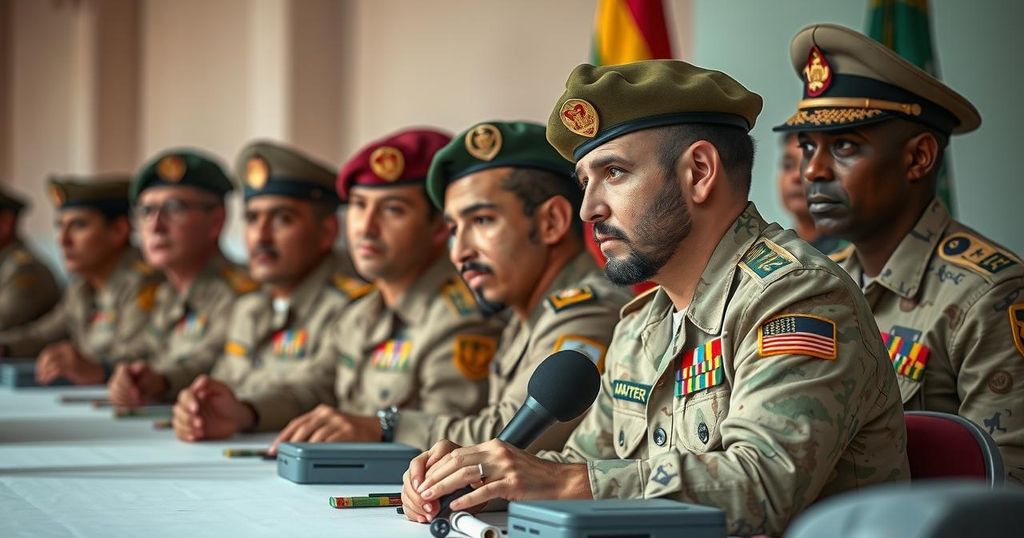Chad held a general election aimed at ending military rule after three years, but voter turnout was notably low at 38%, partly due to an opposition boycott. The election was meant to choose a new parliament and local councils, yet public engagement reflects growing disillusionment.
On a recent Sunday, Chad conducted a general election that the current administration hailed as a vital move towards the restoration of civilian governance following an extended period of military rule lasting three years. However, early reports indicated a disappointing voter turnout, approximately 38 percent, amid calls for a boycott from opposition parties. Citizens were tasked with electing members for a new parliament, provincial assemblies, and local councils, yet the low participation rate reflected widespread discontent and disengagement within the electorate.
Chad has experienced significant political instability, with military rule prevailing for the past three years since the death of former President Idriss Déby. The current government, led by transitional authorities, has promised democratic reforms and a return to civilian rule, positioning this election as essential for restoring legitimacy. The opposition’s call for a boycott stems from concerns regarding the lack of transparency and the legitimacy of the electoral process, contributing to the low voter engagement observed during this election.
The recent general election in Chad represents an attempted transition from military to civilian governance. However, low voter turnout in the face of opposition-led boycotts suggests profound challenges ahead for the country’s political landscape. As authorities project confidence in the electoral process, the low levels of public participation raise serious questions regarding the legitimacy of this election and the future of democratic governance in Chad.
Original Source: www.caledonianrecord.com






